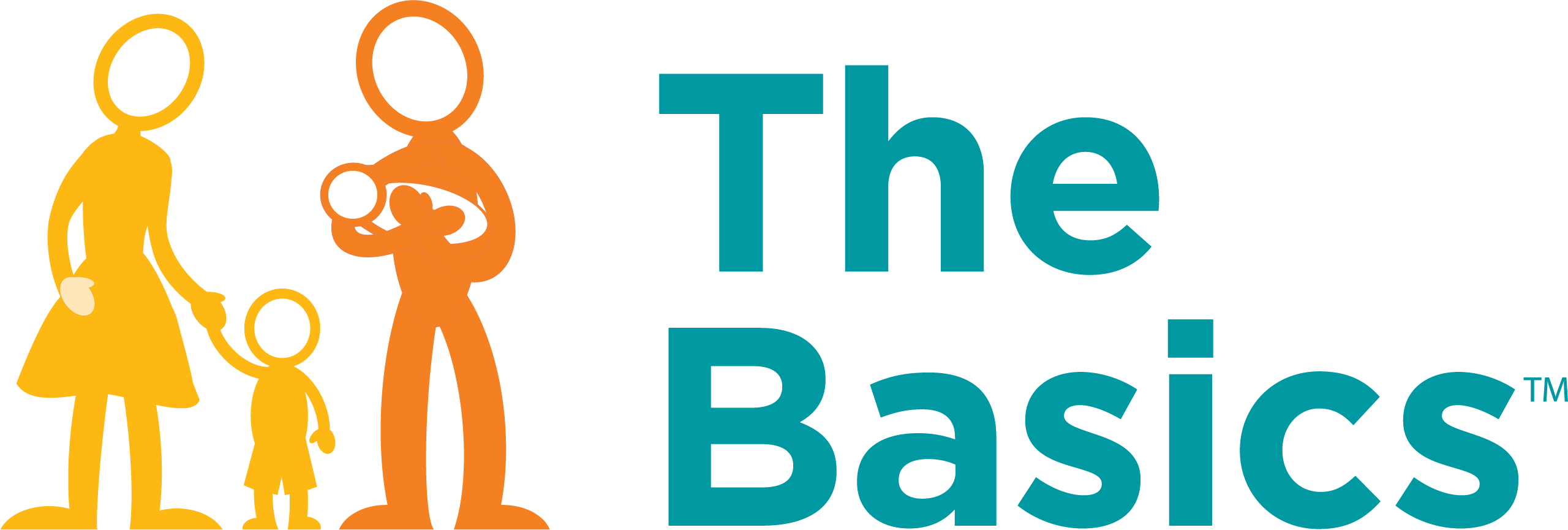Role model.
Your child learns how to act by watching or listening to you. Model the values and behaviors you want them to learn, like being kind or generous, or handling challenges calmly (just do your best).
Talk to your child about kindness and what makes a good friend, like helping others, taking turns, and sharing. What ideas do they have?
When your child gets into conflicts with others, help them think about possible solutions. Give suggestions if needed (including asking an adult for help if they can’t solve it on their own).
Let your child do some tasks around the house. For example, they can put their dirty clothes in the hamper. Things might take longer than when you help, but they are learning to be independent.
Involve your child in making decisions. At the grocery store, they can help decide what to make for dinner–then work together to find the ingredients.
Routines help children (and adults) feel safe and organized. Try to have consistent times and ways of doing daily activities like meals, bathing, reading, and bedtime. Your child can help make a chart with the steps for their routine.
Let your child know a transition is coming. Say “We’re going to clean up for dinner in five minutes.” Be clear about what is coming next. “That means we will put the toys away and wash our hands.”
Help your child understand how certain rules allow everyone to work together and stay safe — like using “inside voices” or putting things away after using them.
Take time to care for yourself, even if you only have a few minutes. Call a friend, take a walk, stretch, eat healthy, breathe fully, or start a hobby. Talk to your doctor if you often feel sad or stressed.
Life can feel overwhelming, and we all make mistakes. Focus on the big picture and be gentle with yourself when things don’t go as planned. Ask for help. All parents need help at times.
